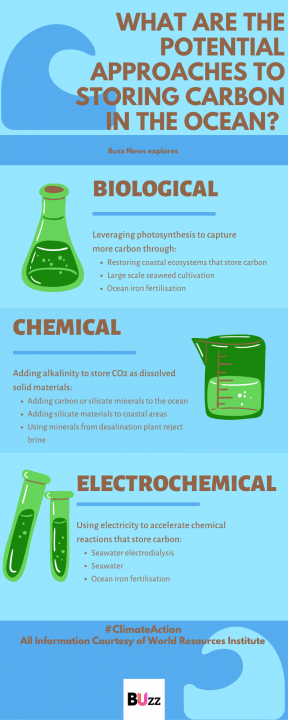Bournemouth once had plans to help lead the UK’s effort in sustainable energy with the Dorset based Navitus wind farm back in 2015. This since has been refused by the Department for Energy and Climate Change.
The offshore wind farm, which would have been located within the Jurassic Coast, would have been one of the world’s biggest, occupying space larger than Poole, Bournemouth and Christchurch combined.
The farm would have generated enough electricity to power over 710,000 homes.
Since then, in 2019 the Bournemouth, Christchurch and Poole council (BCP) declared a climate and ecological emergency, where they committed to developing the local area into a carbon-neutral zone by 2050.
Despite this emergency, the task of Bournemouth, Christchurch and Poole becoming carbon neutral has mostly effected individuals, businesses, and small businesses.
Efforts are being made through sustainable living and trading but there are various challenges to face when moving towards an eco-friendlier way of life.
When asked to comment on how becoming carbon neutral as a small business will affect us all, Barcley Hoare, owner of Cutwise Flooring said:
“The cost of it to start off with will fall with the taxpayer, given with Covid and what we have already been through, the cost of that is going to fall with the taxpayer and now this carbon change over. So how much tax are we really going to be paying?”
He claims that efforts to be more carbon-friendly will initially negatively affect trade from Europe and transportation logistics for businesses. This in turn will also raise costs for customers and traders.
You can hear more from Hoare on the impact of Bournemouth’s carbon neutral by 2050 plan here.
When asked about Navitus bay, Simon Bull, council member for Bournemouth Green Party said:
“Navitus bay being refused was a travesty, new plans for a wind farm would have to start from scratch.”
With the proposed wind farm being refused and any new large-scale environmental plans having to ‘start from scratch’ as previously mentioned, it may be time to consider other ways could Bournemouth could use it’s ocean access to help lead the UK’s charge to be more sustainable and environmentally friendly.
There are Ocean-based mitigation systems that were previously thought to have minimal impact but have since taken centre stage.
Projections made by the High Level Panel for a Sustainable Ocean Economy states: ‘Ocean-based CO2 mitigation could reduce global greenhouse gas emissions by nearly 11 billion tonnes per annum in 2050. Reductions of this magnitude are larger than the emissions from all current coal fired power plants world-wide.’
In fact, in accordance with the 2015 Paris agreement that set out goals of limiting global warming to well below 2°C, ocean-based mitigation systems could contribute up to 25% in that effort by 2050.
Here are some various ways of using Dorset’s ocean access to help with CO2 management:

According to the High-Level Panel for a Sustainable Ocean Economy there is still innovation required in many specific technologies and practices, but the task of enriching and managing coastal and marine ecosystems and ocean-based food systems is ready to be implemented.
We have reached out to Simon Bull to see if the implantation of ocean-based CO2 management systems could be on the agenda for the BCP council but have yet to hear a response.
Do you have opinions on if and how Bournemouth should lead the UK’s effort in sustainable energy? Share with us on our Twitter.


 Three Sustainable Fashion Brands You Need to Know in 2021
Three Sustainable Fashion Brands You Need to Know in 2021